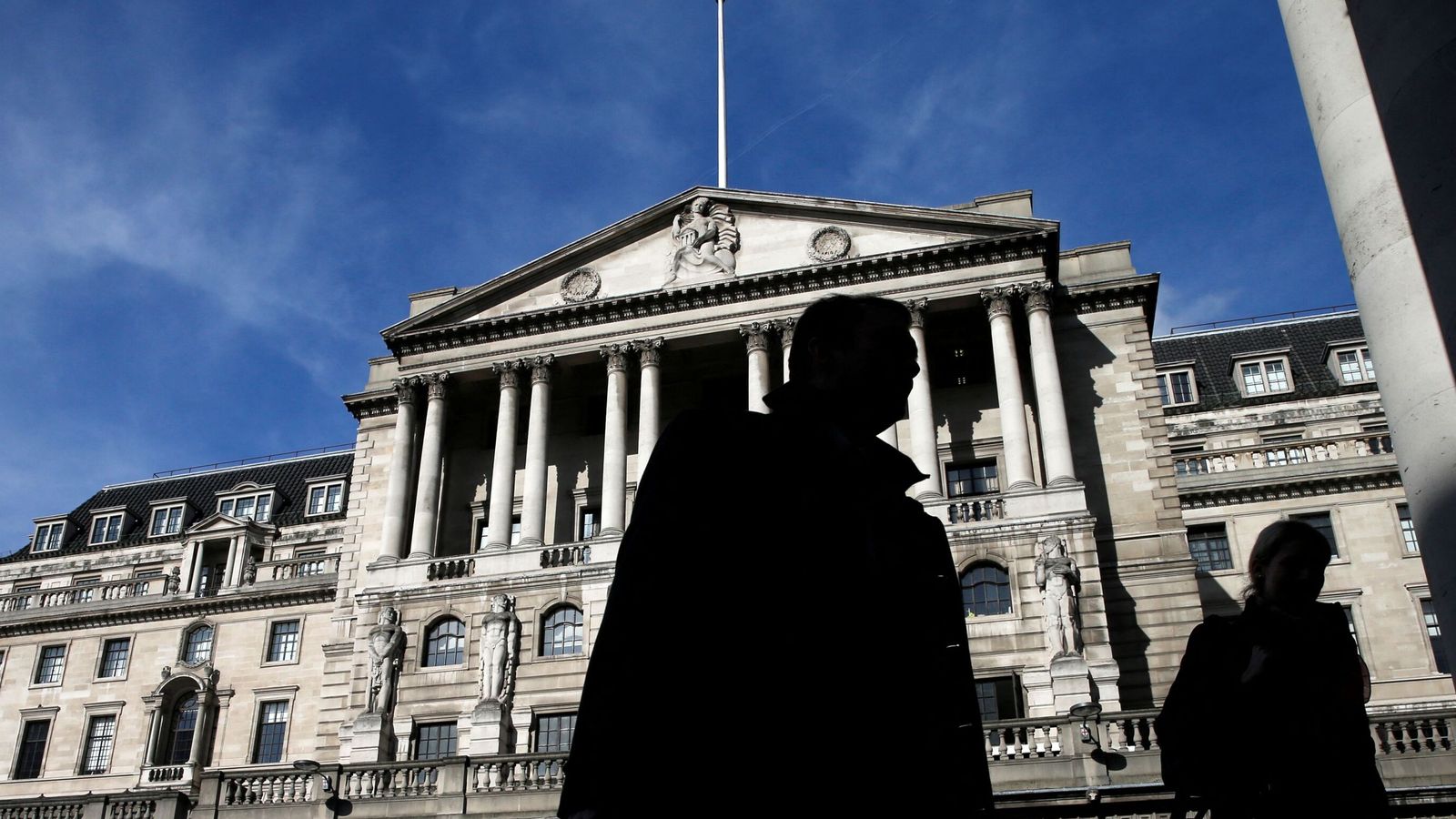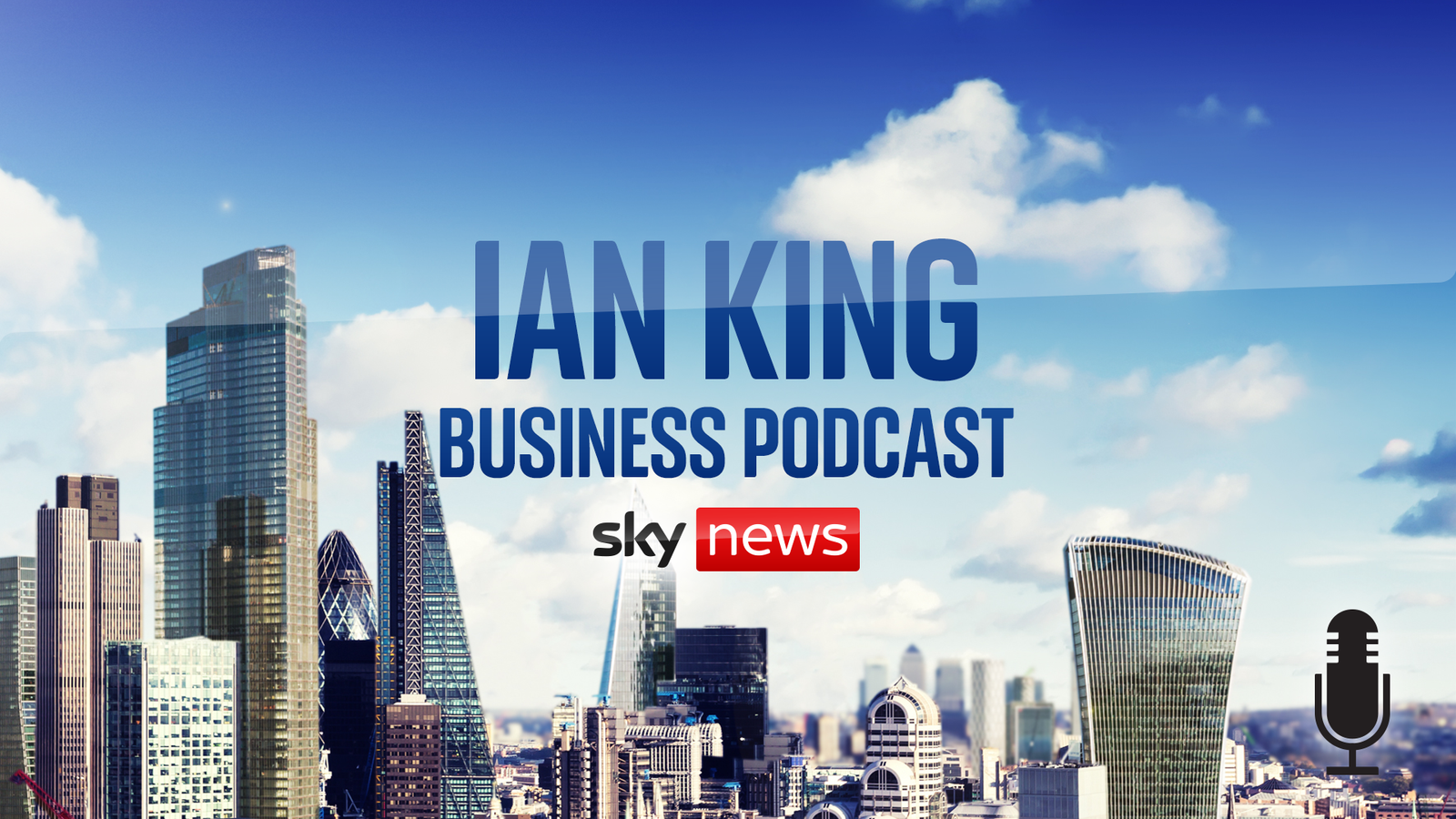A Bank of England policymaker has said interest rates could reach 2% or higher in the next year in order to tackle inflation.
Michael Saunders, a member of the Bank’s Monetary Policy Committee (MPC), said he did not think that such forecasts from financial markets were “implausible or unlikely”.
“Rather than focus on a precise forecast for Bank Rate over the next year, the key point is that the tightening cycle may, in my view, still have some way to go,” he said in a speech at the Resolution Foundation think tank.
Interest rates are now 1.25% – up from 0.1% in December.
They are expected to go up again at the Bank’s next policy meeting in August – the last one before Mr Saunders’s departure.
The economist warned that even though there are signs of an economic slowdown, the risks of not raising rates steeply and quickly outweighed those of being too cautious.
He has supported increases of 0.5 percentage points on two previous occasions, unlike most of his colleagues, who have favoured hikes of 0.25 percentage points.
Ex-Nationwide chair Roberts in frame to head Bank of England Court
Bank of England chief economist hints at bigger interest rate rises to tackle inflation
Bank of England tells lenders to prepare for ‘deteriorated economic outlook’
He voted to raise rates to 1.5% at the MPC’s meeting in June.
“The MPC has to balance the risks and costs of tightening ‘too much, too soon’ versus ‘too little, too late’,” he said.
“In my view, the cost of the second outcome – not tightening promptly enough – would be relatively high at present.
“Conversely, if the Committee tightens ‘too much, too soon’ and then finds the economy and inflation pressures are much weaker than expected, the policy outlook could adjust (if needed) and inflation expectations would probably be better anchored than now.”
Mr Saunders said he believes the UK economy can withstand aggressive rate hikes.
“There are signs that economic activity is slowing, as rising inflation erodes real incomes and spending,” he said.
“But this slowdown must be gauged against the backdrop that the economy early this year was in excess demand, potential growth is low, recruitment difficulties are elevated, and there is a sizeable backlog of unmet labour demand.”
Listen and subscribe to The Ian King Business Podcast here.
He hit back at Tory leadership contender Liz Truss’s suggestion that the government needed to set a “clear direction of travel” for monetary policy.
The Bank of England is currently independent from the government and makes its own decisions.
“There’s a debate always about will interest rates go up or down,” Mr Saunders said.
“But the foundations of the UK monetary policy framework, I think, are really important and best left untouched.”









